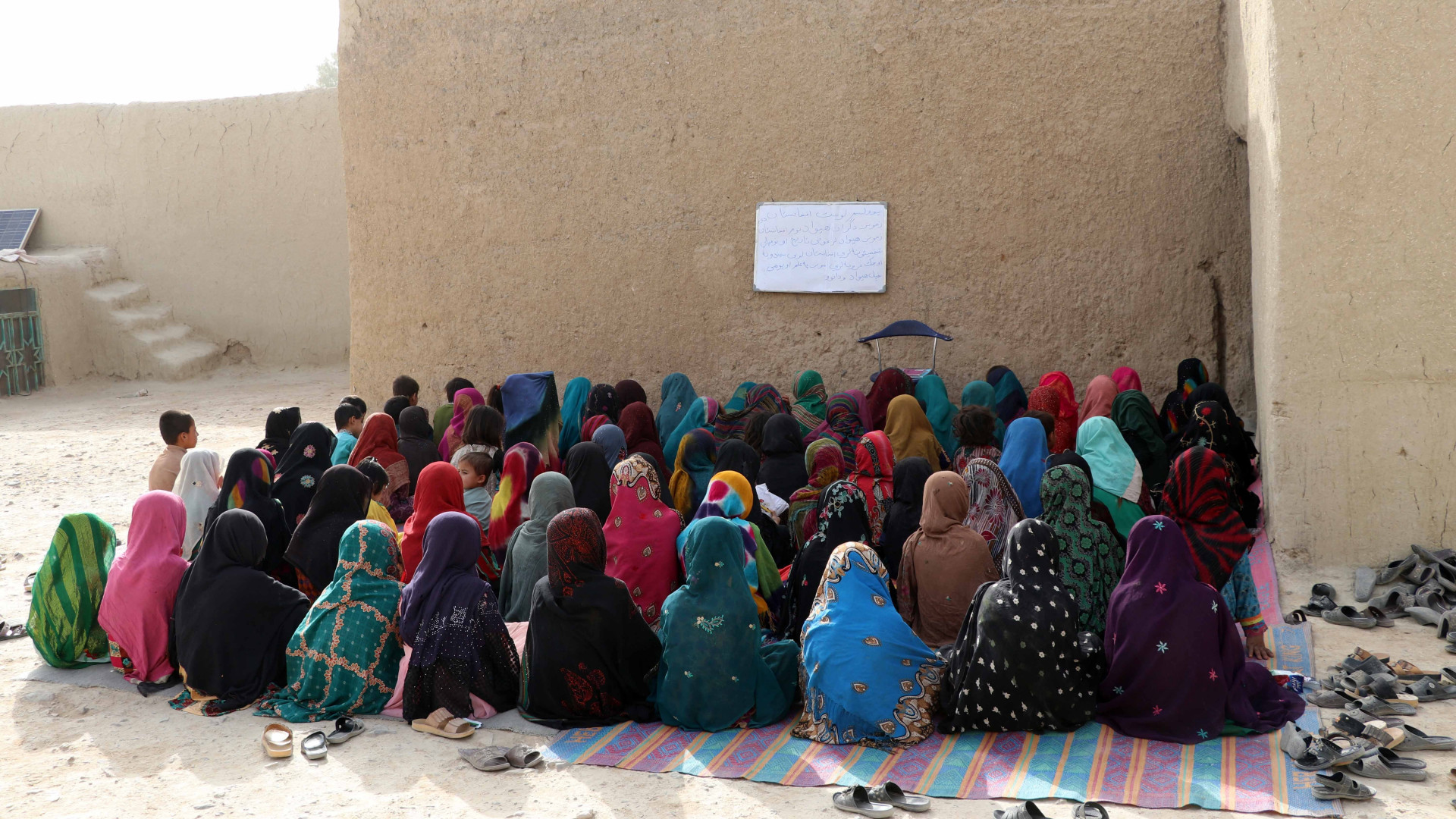The Taliban has asked female employees of the Afghan Ministry of Finance to send a male relative to work, a year after women civil servants were banned from working for the government and forced to stay at home.
Women in government positions were repatriated from their jobs shortly after the Taliban took power in August 2021 and were given sharply reduced salaries to avoid work.
Send a man to do your job so we can fire you
The Taliban says to the officials.
But several of the women told the Guardian they had received similar calls from Taliban officials asking them to recommend their male relatives instead.
The office workload has increased and they need to hire a man instead of us.
Sima Bahous, Executive Director of UN Women, said in May:
It is estimated that current restrictions on women’s employment are causing an immediate economic loss of up to $1 billion, or as much as 5% of Afghanistan’s GDP.
“Since when [hatalomra kerültek]The Taliban lowered my ranking and salary from 60,000 Afghanis [575 fontról] Reduced to 12,000 AFN. I can’t even pay my son’s school fees. When I questioned this, an official rudely told me to get out of his office and said that my demotion was non-negotiable Said an employee of the Afghan Ministry of Finance.
Human Rights Watch’s Women’s Rights Division investigated in this year’s report how women in Ghazni province have lost their jobs and livelihoods since the Taliban seized power in Kabul in August 2021.
Almost all of the women interviewed who had previously had a paid job lost their jobs
– Said one of those interviewed in the report.
Only health workers and teachers can go to work. Women working in other fields are now forced to stay at home. Female ministry employees gather to protest Taliban policies. as they say
We do not accept their request and will try to get them to change it.
“We have created a group of female employees in the ministry. We are negotiating now and we will protest if they don’t listen to us– He added, calling on the international community for support and solidarity, as the country is suffering from a serious economic and humanitarian crisis. According to the United Nations, 20 million people are currently facing severe famine, more than 9 million have been forced to leave their homes since the Taliban seized power, and severe drought is affecting agriculture.
Cover photo: In July 2022, volunteers secretly educate girls in Kandahar province. Source: Mohamed Nouri / Anadolu Agency via Getty Images












































